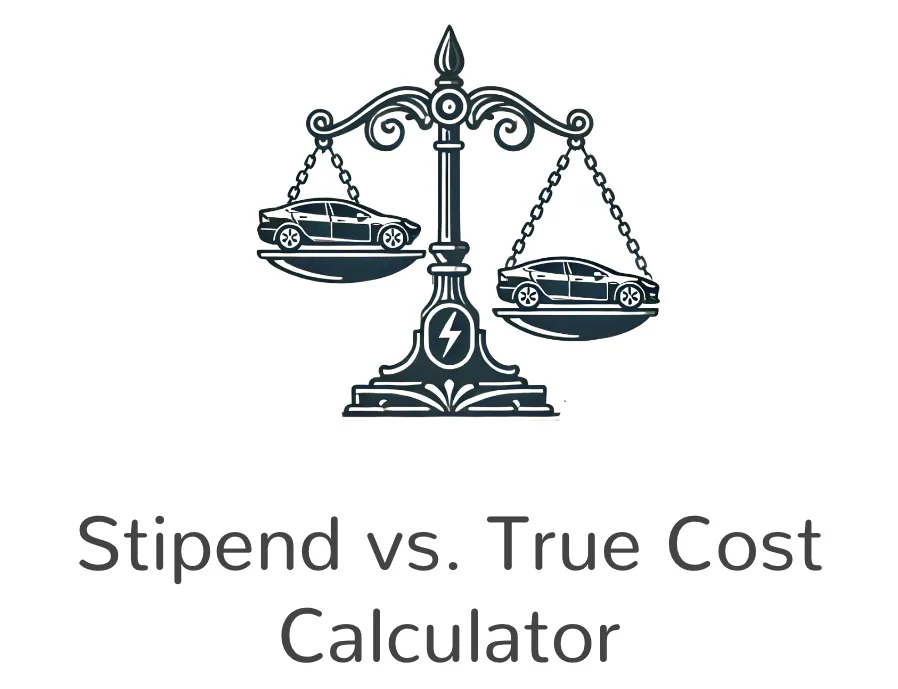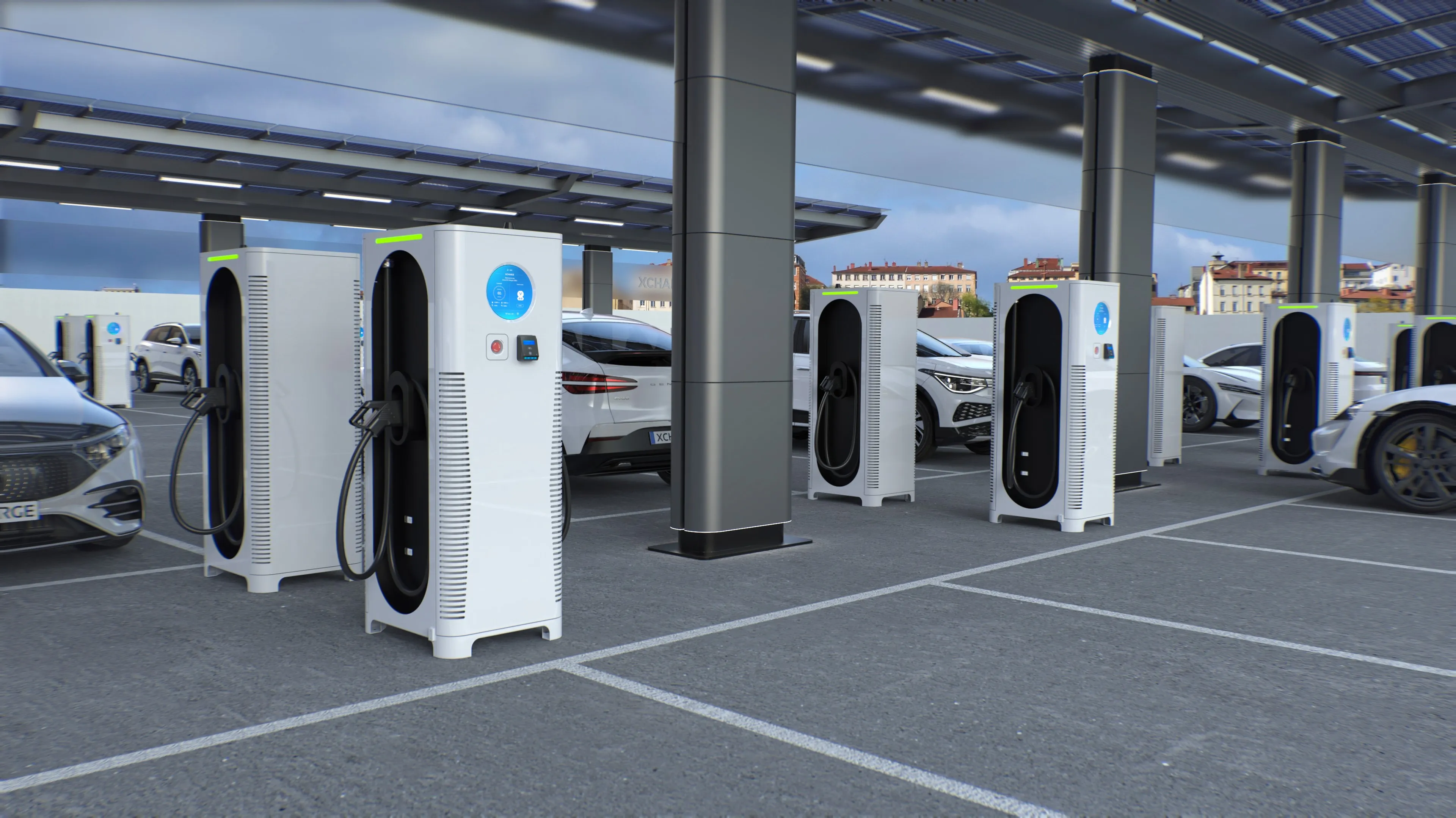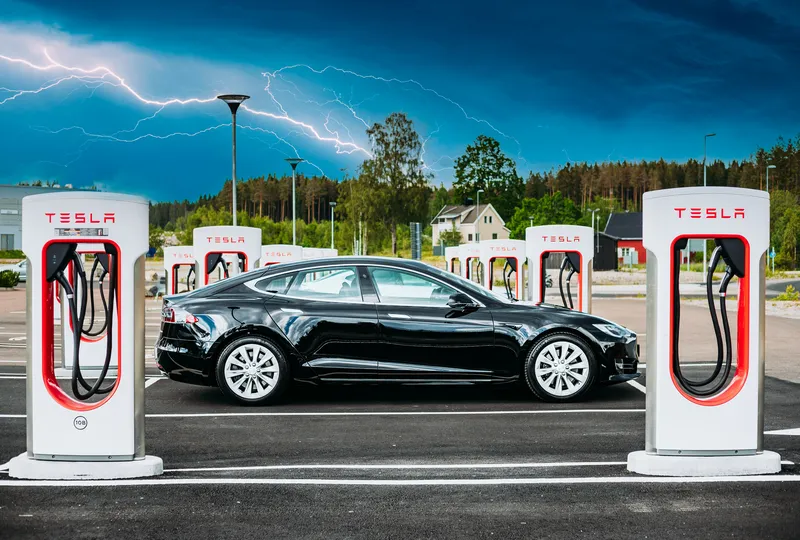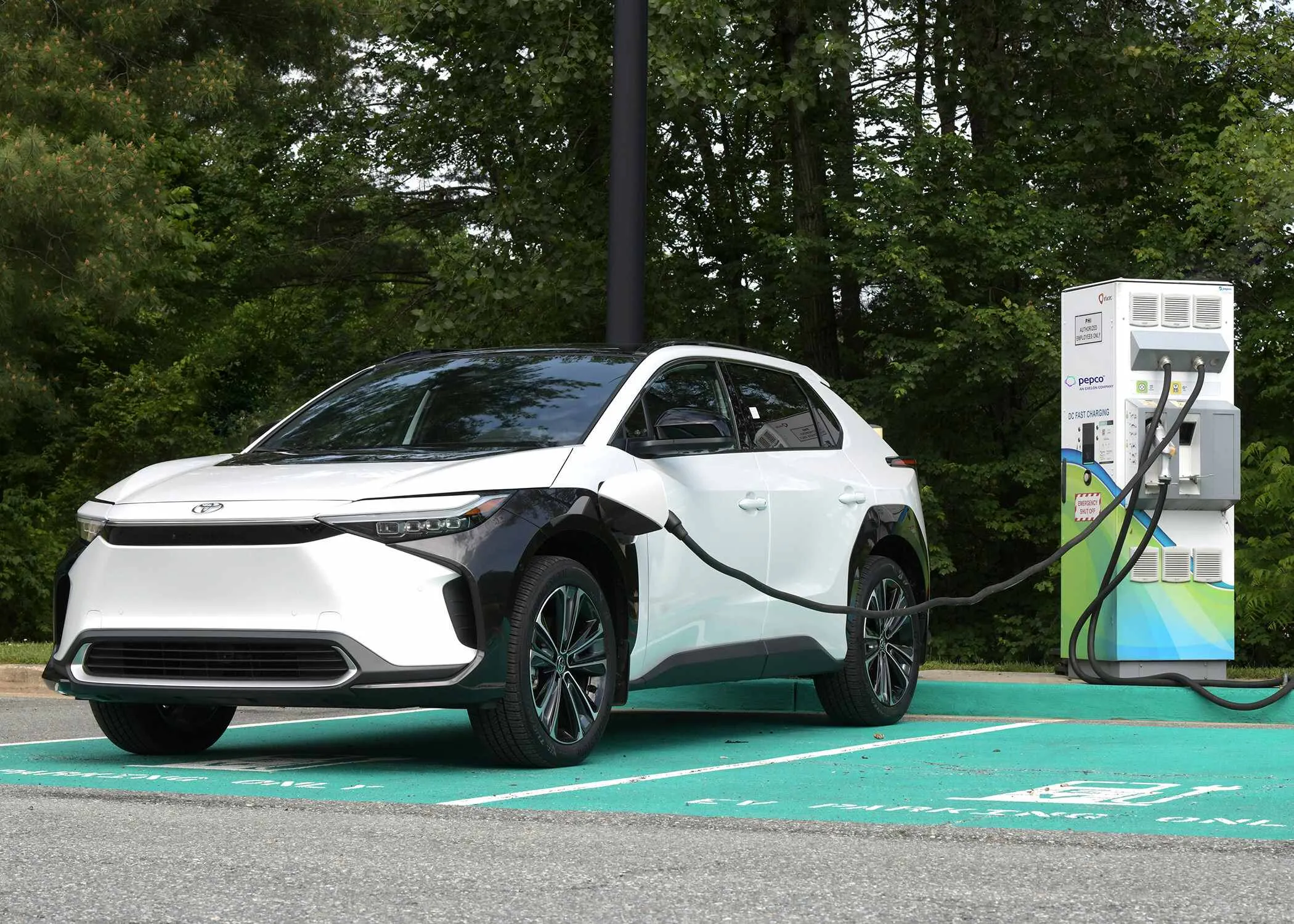
MoveEV, a US provider of at-home charging reimbursements for corporate and government EV fleets, says that when organizations send electric fleet vehicles home to charge, they often offer employees a monthly stipend to cover the cost of home electricity, which leads to substantial over-compensation and economic waste. This occurs because stipend payments are taxed as income, which means that as much as 37.5% of the reimbursement budget could be diverted to federal and FICA taxes alone.
The result is an inefficient program that can drain a fleet manager’s budget without providing real value to employees. By entering basic information—such as average monthly stipend amounts, annual mileage, vehicle efficiency, and local utility rates—MoveEV’s new “true-cost” calculator generates a customized report that identifies potential savings, tax waste, and miscompensation. The new calculator empowers fleet managers to move away from inefficient stipend programs and transition to a true cost reimbursement model that ensures fair compensation for employees while maintaining compliance with legal requirements.
“It is bad practice for organizations to provide employees with a stipend for at-home charging.’” said David Lewis, founder & CEO of MoveEV. “If you have a fleet of 50 drivers, offering a stipend of $150 a month easily equates to spending $30,000 a year just on federal taxes alone, and corporations are likely overpaying for the electricity on top of that. Switching to a ‘true cost’ reimbursement model can save companies $60,000 annually.”
Under-compensation is also a serious issue. If a stipend is too low or doesn’t accurately reflect the true cost of home charging, companies risk exposing themselves to potential legal liability. Under laws like CA2802, employers are required to fully reimburse employees for any necessary expenses incurred in the course of performing their job duties—this includes the costs of using personal electricity for charging company-owned fleet vehicles. Failing to properly reimburse employees can result in employee dissatisfaction and legal claims, which could lead to costly consequences for the employer.
“Employee dissatisfaction due to undercompensation isn’t just a morale issue; it can lead to legal risks as well,” Lewis added. “Running an inaccurate and more expensive program t makes no sense.”
MoveEV’s new Stipend vs. True Cost Calculator offers fleet managers a straightforward way to compare stipend vs. true cost calculations to make informed decisions.








